
An update on what happens in the brain when the mind is engaged in psychotherapy.

An update on what happens in the brain when the mind is engaged in psychotherapy.

The cultural aspects of treating patients are similar for all age-groups, but certain themes have greater relevance with the elderly.

The authors discuss the assessment and treatment of pediatric ADHD within the framework of the cultural psychotherapeutic model.
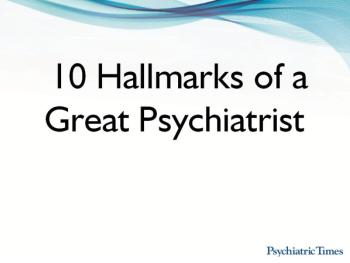
A great psychiatrist knows the disease, the person with the disease, and the way the two interact. Here are tips from a clinician who has devoted his career to treating psychiatric disorders.
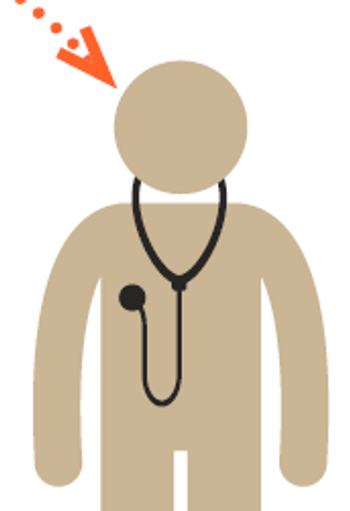
The major focus of effective therapy-to establish a healing relationship and to inspire hope.

Playing helpless witness to a growing epidemic with no cure takes us back in time. The Hippocratics called it the “art” of medicine. It does not take a psychiatrist, however, to see that this “artful” approach frequently fails in public health crises.

Twenty five years ago, “hikikomori” was a new term in Japan, used to describe severe and prolonged school refusal in teenagers, sometimes evolving into complete social withdrawal. The shut-in phenomenon has since gone global.

Why is burnout seemingly rare in coaches but well over 40% in psychiatrists? H. Steven Moffic considers why life coaches have become big business while psychiatrists, stigmatized.

A discussion of treatment options to help foster the most effective psychosocial treatment for addiction.
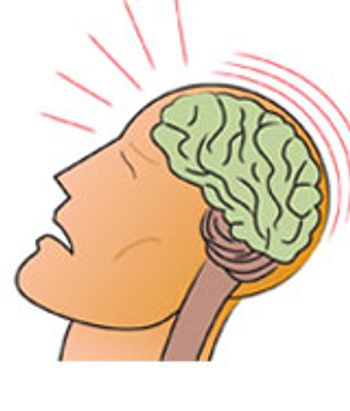
Is it possible to add creative twists to proven therapeutic techniques in order to encourage reluctant patients to try safe and effective treatments that we believe can benefit them? After reading the case, tell us what you think.
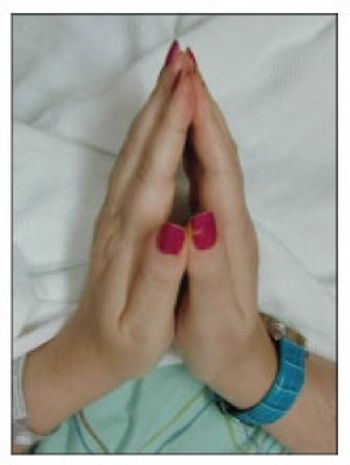
Watchman Nee’s suggestion of a potential link between spirituality and mental health is no longer foreign to the field of psychiatry. Recent studies indicate that spiritual beliefs may have a positive effect on mental health.
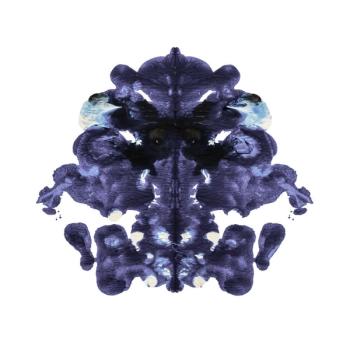
Keeping the season in mind, what is your first impression of this image?
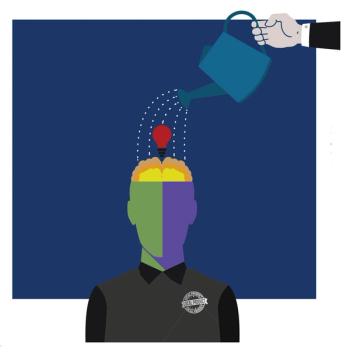
The author applies psychodynamic psychology to understand and recognize so-called "homegrown" terrorists, individuals who are familiar with American culture and thus more difficult to detect.

We all become much better therapists if we have confidence in our healing gifts and focus on enhancing our relationships with patients.
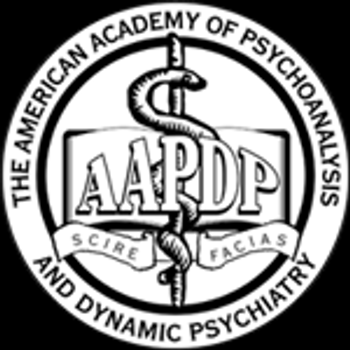
The American Academy of Psychoanalysis and Dynamic Psychiatry meeting will include a series of symposia and workshops that focus on new approaches to psychotherapy.
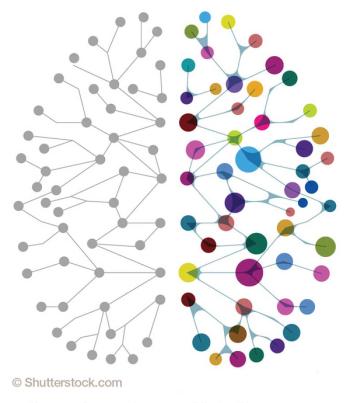
The authors take an in-depth look at the evaluation, diagnosis, and fundamental treatment recommendations, protocols, and guides to therapy for psychogenic nonepileptic seizures.
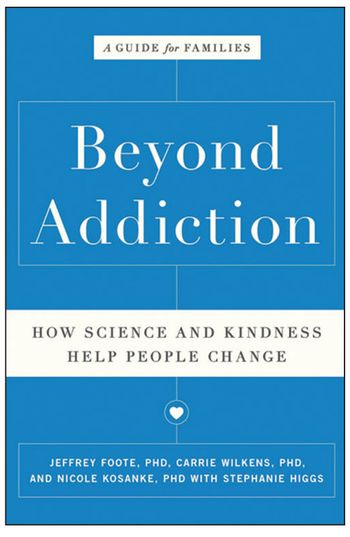
The authors of this book leave readers feeling empowered, knowing that they can be an important driver of change. It also reminds psychiatrists about some core components of the patient experience.

Contemporary experiences in the therapist’s life that mirror what is going on in the patient’s life may also trigger intense countertransference feelings. Read the case and weigh in on the image.

What therapy is considered the "gold standard” in treating childhood and adolescent depression? Find out in this quiz,

Treatments that work well for most don’t work well for all. And even effective treatments have side effects and complications. This is true of medication and surgery-and it is also true of psychotherapy.

The glass of well-being among physicians may be half empty, but there is room and hope to fill it again. Perhaps psychiatrists are the missing ingredient?
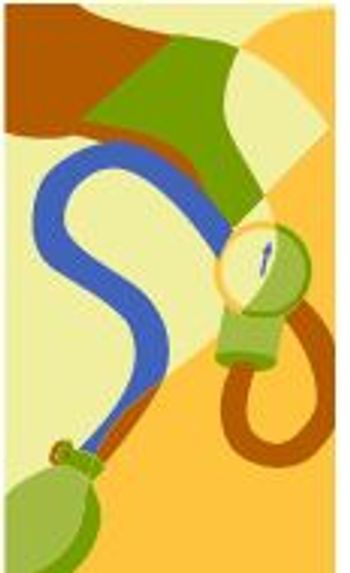
The authors examine anxiety in the medically ill: its presence secondary to or as an impersonator of physical illness and its diagnostic and management challenges.
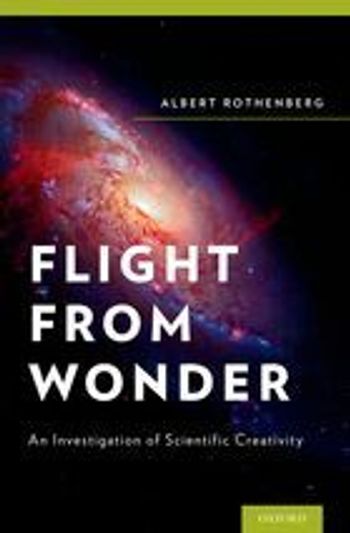
Readers of Albert Rothenberg’s new book will come away greatly enriched by the author’s own lifelong, creative synthesis.
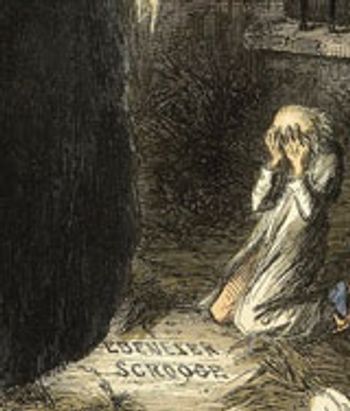
Many classics, such as those written by Dickens, can be viewed as a metaphor for psychotherapy. Beyond symptom improvement, psychotherapy addresses the meaning of one's life and how it relates to meaningful values of loved ones as well as the surrounding community.
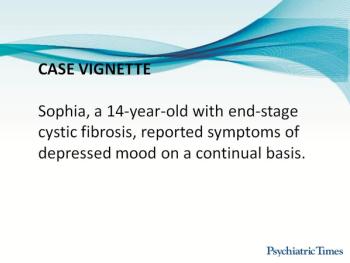
This case of a 14-year-old female patient with end-stage cystic fibrosis illustrates the psychiatrist's critical role in ensuring quality end-of-life care.